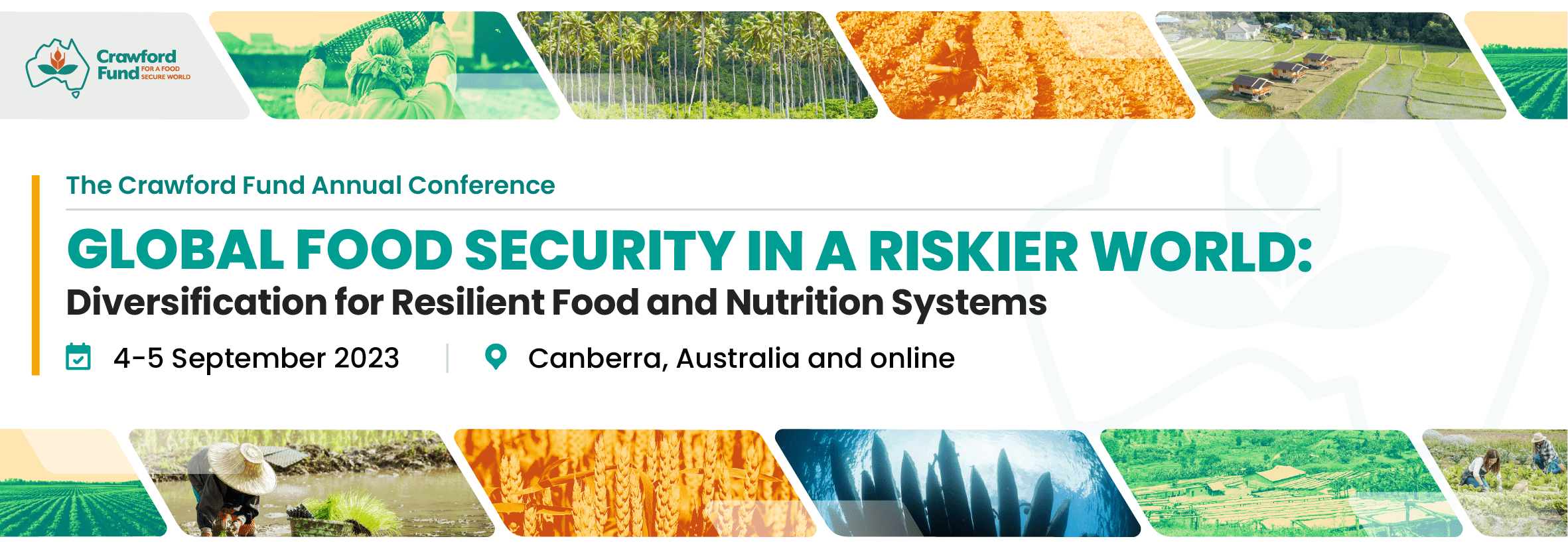


Dr Fathiya Mbarak Khamis
Senior Scientist, the International Centre of Insect Physiology and Ecology (icipe)
Fathiya is a Molecular biologist and a Scientist in the Plant Health Theme of icipe working on native and invasive insect pests of fruits and vegetables that are of economic importance for food security in Africa and beyond. Fathiya applies molecular biology techniques for insect pest identification and understanding variabilities in pest populations – essential for the development of sustainable, integrated pest management systems. Fathiya also applies molecular techniques to assess the safety of insects as a sustainable source of nutritious food for humans and feed for livestock. Furthermore, she is advancing her research skills in microbiome analyses to enhance control of crop pests, improve biocontrol and reduce pesticide resistance in pest population. Fathiya is also active in building research capacity in Africa and has contributed significantly to the body of scientific knowledge through authoring and co-authoring more than 100 articles in international peer-reviewed journals and four book chapters.
Dr Fathiya Khamis – Session 4.2 Insect farming, 5 September 2023
QA Session 4.2 – Fargher, Khamis, 5 September 2023